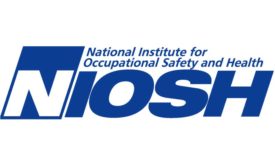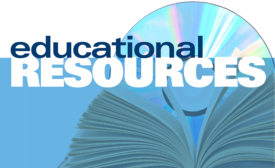Psychology in the Workplace
A NIOSH Science Blog post
Job strain, long work hours, and suicidal thoughts
September 18, 2018
How our cognitive biases affect workplace safety decisions
ORC HSE webinar on cognitive bias on October 25, 2018
September 17, 2018
It’s good to talk!
Openness about depression in workplace increases productivity
September 11, 2018
Today is World Suicide Prevention Day
…and September is National Suicide Prevention Month
September 10, 2018
Never miss the latest news and trends driving the safety industry
eNewsletter | Website | eMagazine
JOIN TODAYCopyright ©2024. All Rights Reserved BNP Media.
Design, CMS, Hosting & Web Development :: ePublishing






